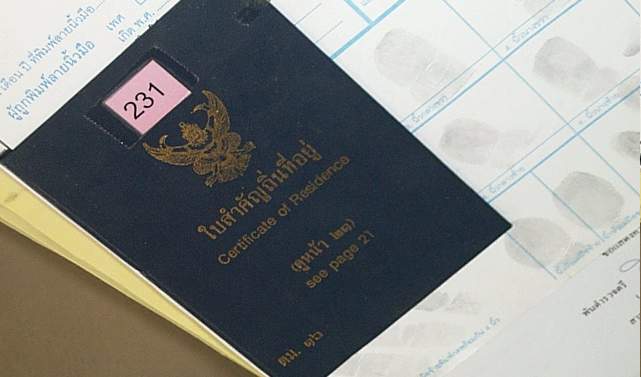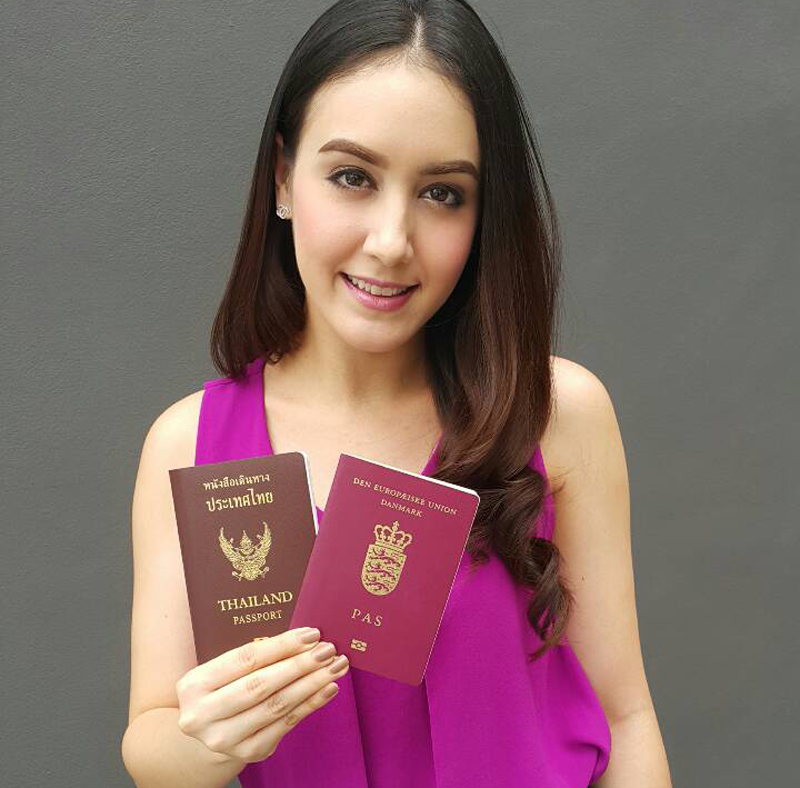During the Thai citizenship application process, you will be asked to sign a ‘letter of intention’ to renounce your foreign citizenship. Upon acquisition of your Thai citizenship, Special Branch will inform your embassy of the fact.
This confuses many people and is often interpreted as you MUST renounce your foreign citizenship upon acquisition of Thai nationality. People also assume that by virtue of the letter you are effectively announcing your foreign citizenship.
The reality is different however.
Do I have to renounce my foreign citizenship
to become Thai?
No – unless your current nationality forbids holding dual citizenship.
For most, the renunciation letter holds very little legal significance in your home country – the letter merely states that you have the intention of renouncing. Given intentions can change, if you change your mind upon receiving Thai nationality, no one is going to come after you from ‘back home’
As such, the letter, for most countries which allow dual nationality, is meaningless. Most countries have their own formal processes by which a person must go through before they renounce their citizenship.
Australia, New Zealand and the United Kingdom for instance require you to formally apply for renunciation, and to pay a fee for it to be processed. The United States has an even more convoluted process, which requires any outstanding taxation matters to be settled with the IRS before any renunciation can be processed. So, unless you have gone through these formal processes, your original citizenship remains yours.
So why is the letter needed then?
Two main reasons we can think of.
Some countries which don’t allow dual nationality (Malaysia, Singapore, Austria and China) and the mere act of procuring another citizenship will be seen as an effective renunciation. These countries will want to know if their citizens have surreptitiously acquired a second passport. In these cases, notification by the Thai authorities of a successful application for Thai citizenship will in some cases mean an automatic renunciation of your original citizenship.
Secondly, within the Thai bureaucracy at the Ministry of Interior, we understand there is still an old guard of people who do not agree with the concept dual citizenship, despite it effectively being legal since 1992. This letter is seen as a sop and and a face saving maneuver to these placate these people, but as explained above, it is effectively meaningless.
Getting the letter notarised
Thai special branch will insist that you get the letter notarised by your home embassy. As said, unless your country doesn’t recognize dual citizenship, then it is unlikely that this notarisation will have any legal impact on your original citizenship. The only way you will lose your original citizenship is if you formally renounce it via established citizenship renunciation processes outlined by your home country (see above). Nevertheless, your embassy will probably make you pay for this notarisation! The British embassy in Bangkok has a standard form which is available here.
For other embassies, the process differs. Some will notarise a self drafted letter (and Special Branch will accept this). For others Special Branch will give you a sealed envelope addressed to your embassy noting that you have applied for citizenship.
This latter form of notification is becoming more common, however we have heard many western embassies refuse to do anything with this letter given that each country has it’s own procedures when it comes to this issue. To this extent, Special Branch has asked applicants to at least attempt giving the letter to the embassy and provide a photo showing that you at least have been at the embassy with the letter – which all sounds a bit pointless, but there you go!







